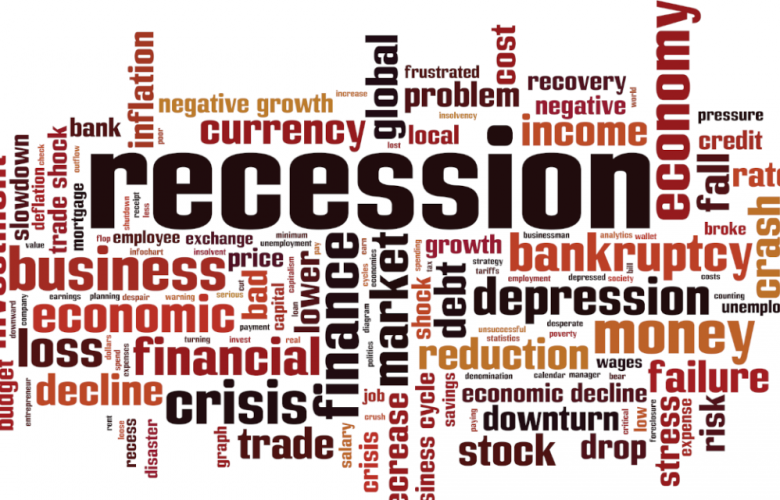Climate-induced catastrophic events have led to severe humanitarian crises in Africa. Between 2000 and 2022, a total of 407.5 million people in Africa were affected by natural disasters. During this time, 4.2 million people became homeless, 53,610 people died and 52,205 were injured.
This is according to the Economic Report on Africa 2023 (ERA2023) which will be launched on December 18, 2023, in Abuja, Nigeria.
Titled: “Building Africa’s Resilience to Global Economic Shocks”, the report shows that climate shocks generally are highly correlated with the cyclical component of GDP growth and not with the long-term trend in Africa, which suggests that part of the volatility observed in growth emanates from climate-induced shocks. A temperature increases beyond a threshold of 0.7 degree centigrade results in reduced real GDP growth.
At 1.8-degree centigrade change in temperature, which is expected to prevail by 2030, if current trends persist, we could expect a 2-percentage point decline in real GDP growth, eroding the benefits from positive shocks, such as commodity price booms, and amplifying the impact of negative shocks.
In addition, preliminary results of the report show that the frequency of natural disasters increases public debt levels directly. A unit increase in natural disasters could lead to a 0.25 percentage point increase in the ratio of net public debt to GDP.
More significantly, climate change in Africa tends to derail poverty reduction and, in some cases, destroy the livelihoods of millions of people that mainly rely on agriculture and small businesses.
Droughts, floods, frosts, and other natural events that lead to crop failure affect the welfare of households that live in rural areas and small towns. A one unit increase in natural disaster frequency would increase the percentage of households living in extreme poverty by 4.4 percentage, says the report.
The report carries important lessons regarding how African countries must incorporate climate change in the design and implementation of their long-term growth strategies.
The report calls among other for a development strategy for countries that “leverage their natural resource endowments in a manner that stimulates economic growth while gradually reducing the intensity of carbonization associated with economic activity, especially production, transport and consumption”. This requires embracing green industrial policy at the core of the design and implementation of national development strategy.





